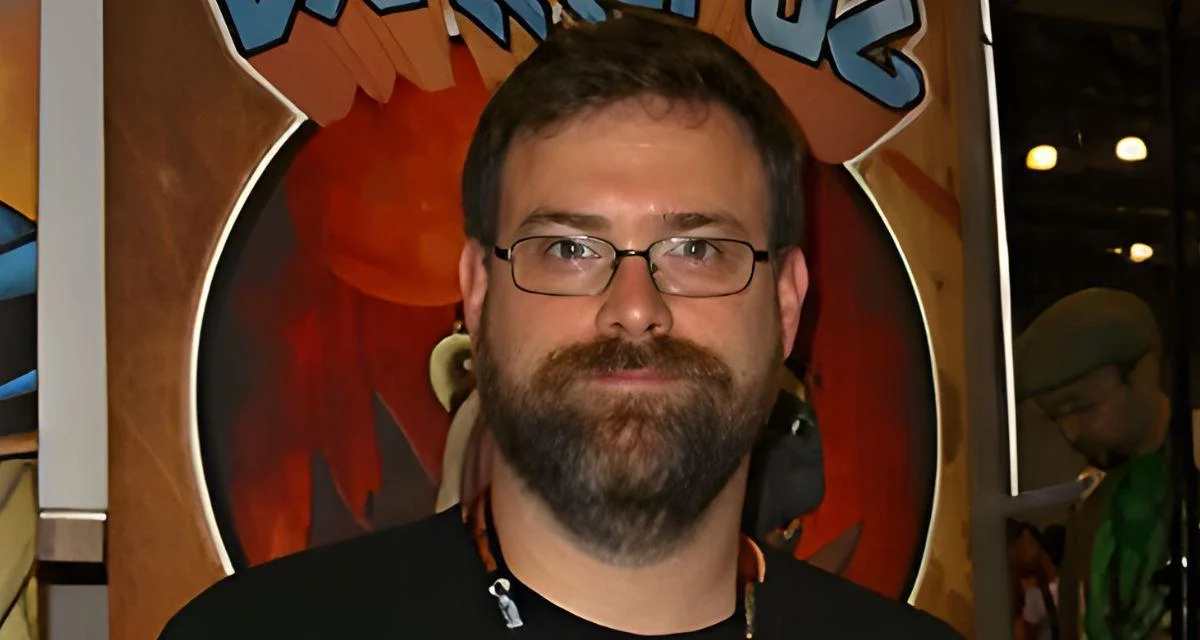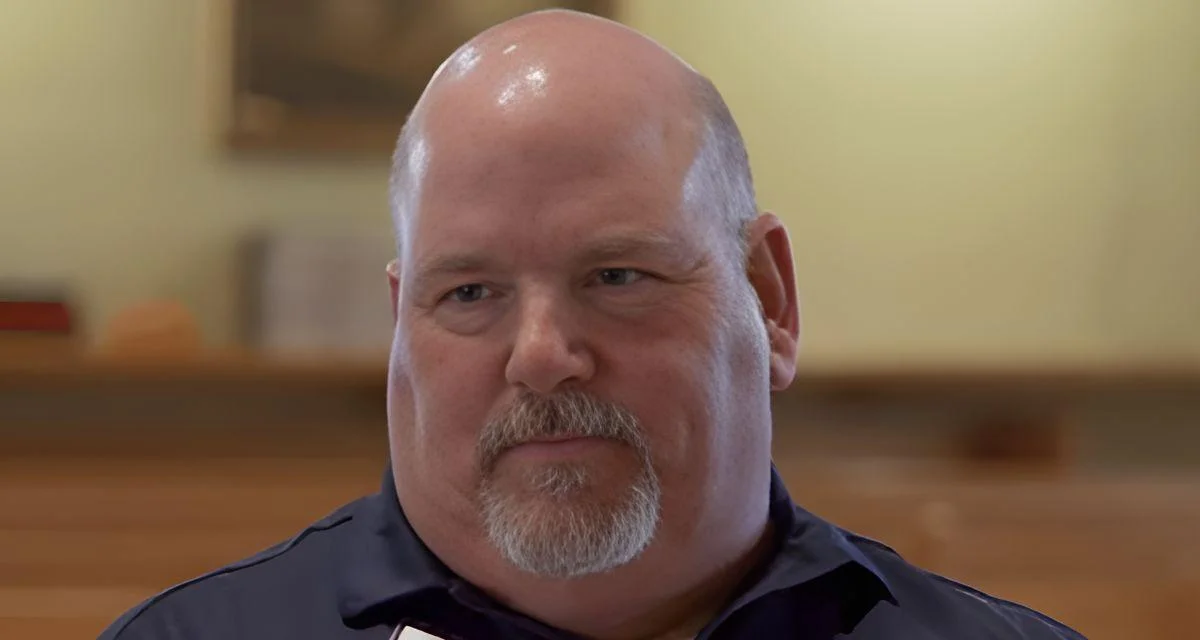With religious nationalism drawing attention in North America and Europe, a U.S. church is highlighting similar issues in India. On July 14, the General Synod of the United Church of Christ condemned "all violence against and violations of the rights of religious minorities in India." The Synod urged the U.S. government to designate India as a "country of particular concern" for its "egregious violations of religious freedom" and called on church members to press Congress for action.
The resolution was passed unanimously by Synod delegates meeting in Kansas City, with one abstention. In 2024, both the National Council of Churches and the United Methodist Church made similar statements.
The UCC Synod pointed to specific sources of violence: “Since 2014, the rise of the Bharatiya Janata Party (BJP) has led to intensified attacks on Muslims, Christians, and indigenous groups,” it stated. It attributed these actions to Hindutva ideology and anti-conversion laws supported by the government. Political leaders' inflammatory hate speech was also cited as a factor contributing to increased violence and discrimination.
Originating from the UCC’s New York Conference due to its members’ connections to India, this resolution was influenced by efforts from groups like the New York State Council of Churches against religious nationalism.
Two pastors originally from India's Church of South India addressed attendees at the Synod.
“I come from lower caste, referred to as Dalit, or untouchables, in India,” said Rev. Christopher Ponnuraj, pastor at West Center Congregational UCC in Bronxville. He remarked that while religious persecution is common in India, it has become more widespread over the last decade affecting Christians including evangelists and nuns.
Rev. Prabhu Sigamani from Bethany Congregational Church in East Rockaway called for a “prophetic imagination” response from UCC members: “As a person from a pariah community," he stated his commitment "to shine light on this particular issue.” He encouraged support for Indian counterparts through passing this resolution.
An unusual occurrence during committee deliberations on July 12-13 was noted by Rev. Judith Van Kennen from Emmanuel Congregational UCC in Massena; anonymous comments from Indian partners were shared but later collected back for security reasons—a sign minority groups face real threats under majoritarian nationalists according to her analysis—further justifying backing this measure.
Content found on ucc.org is protected under copyright by National Setting Of United Church Of Christ; sharing requires adherence with outlined guidelines available thereon.
 Alerts Sign-up
Alerts Sign-up





